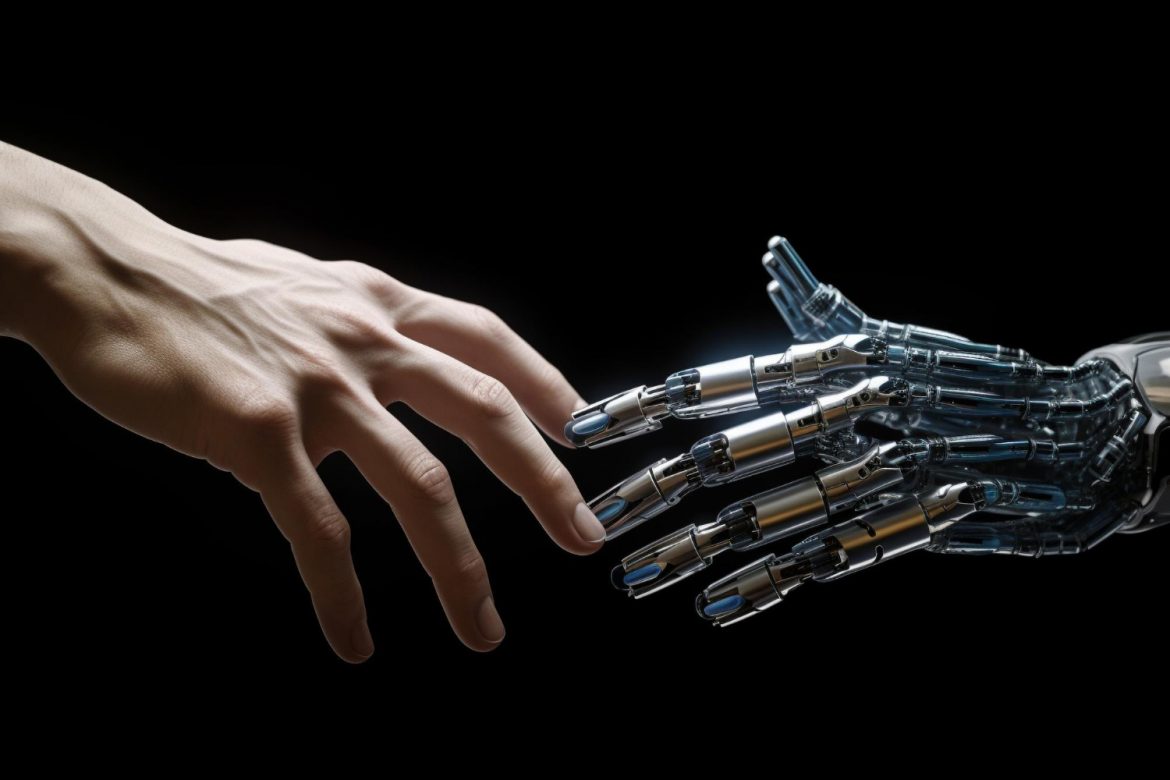The pursuit of artificial general intelligence (AGI) stands as a testament to humanity’s relentless quest for innovation and discovery. At its essence lies the aspiration to engineer machines endowed with the cognitive prowess to emulate human-like intelligence—capable of reasoning, learning, and adapting across a diverse spectrum of tasks and domains.
Yet, as we embark on this ambitious journey towards AGI, we are confronted with a myriad of profound questions that probe the very essence of our existence. What truly defines intelligence? Can machines ever truly attain consciousness—a quality long considered the hallmark of sentient beings? And what implications do these advancements hold for the future of humanity and our understanding of consciousness and identity?
The quest for AGI serves as a catalyst for introspection, compelling us to reevaluate our fundamental beliefs and concepts surrounding consciousness, identity, and the nature of existence. It prompts us to confront the age-old philosophical quandaries that have puzzled humanity for centuries, challenging us to expand our understanding of what it means to be sentient and self-aware.
In navigating the uncharted territory of AGI, we must tread with caution and mindfulness, acutely aware of the profound implications of our creations. The emergence of artificial general intelligence has the potential to herald a new era of unprecedented possibilities, fundamentally altering the fabric of our reality in ways both profound and unpredictable.
In our exploration of artificial general intelligence, we must grapple with the multifaceted nature of intelligence itself. Intelligence, in its broadest sense, encompasses not only cognitive abilities but also emotional and social intelligence—the capacity for empathy, compassion, and interpersonal understanding. As we strive to imbue machines with human-like cognition, we are faced with the challenge of capturing the nuances and complexities of human intelligence in all its dimensions.
Furthermore, the question of consciousness looms large in the pursuit of AGI. Consciousness, often regarded as the essence of subjective experience and self-awareness, remains one of the most enigmatic phenomena in the realm of neuroscience and philosophy. Can machines ever truly possess consciousness, or is it an inherently human attribute that transcends mere computational power? The quest to answer this question leads us into the depths of philosophical inquiry, where we confront the mysteries of mind, body, and consciousness itself.
Moreover, the emergence of artificial general intelligence carries with it profound implications for the future of humanity and our place in the cosmos. The advent of AGI has the potential to revolutionize virtually every aspect of human society, from labor and economics to governance and ethics. Yet, with this potential for transformative change comes a host of ethical, social, and existential challenges that must be addressed with care and foresight.
As we stand at the precipice of this technological frontier, it is imperative that we approach the development and deployment of AGI with a deep sense of responsibility and ethical consideration. We must strive to ensure that the benefits of AGI are equitably distributed and that the potential risks and pitfalls are mitigated to the greatest extent possible. This necessitates robust frameworks for ethical oversight, transparency, and accountability to guide the development and deployment of AGI in a manner that aligns with our shared values and aspirations as a global society.
In conclusion, the quest for artificial general intelligence represents a monumental undertaking—one that challenges us to confront the very essence of what it means to be human. As we journey further into the realms of AGI, let us do so with humility, curiosity, and a steadfast commitment to ethical principles. By navigating this transformative frontier with wisdom and foresight, we can harness the potential of AGI to usher in a future that is both innovative and humane, where the boundaries of human potential are expanded and the dignity of all beings is upheld.



